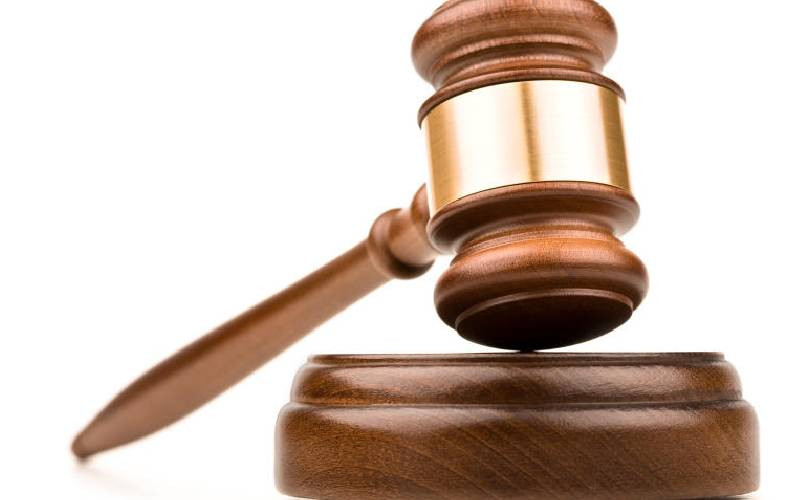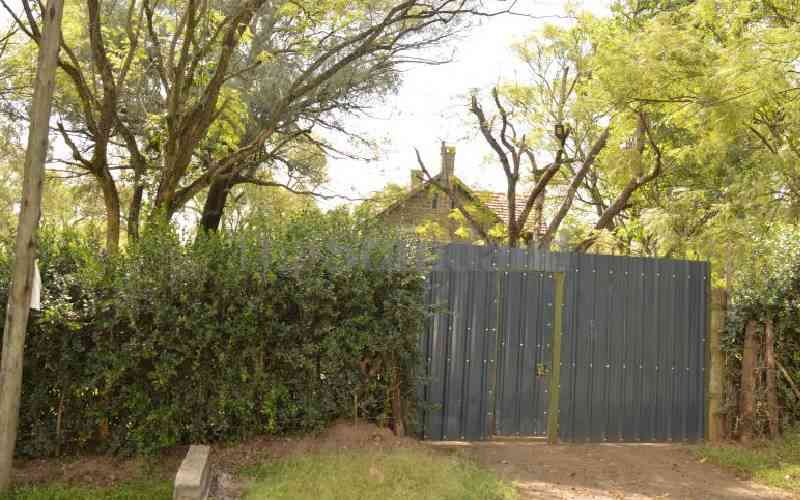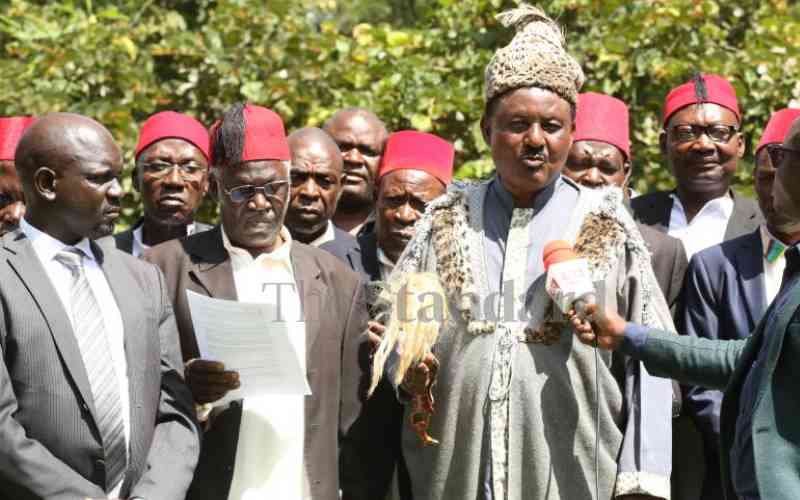Kenya: Many potential property buyers have burnt their fingers for failing to do due diligence. Most of them are buyers of homes and land who resort to transacting business without the help of conveyance lawyers and property experts in the belief that they will save costs and time.
According to the buyers, the ‘complicated’ legal process drags on and an impatient seller may seek a buyer with ready money.
Majority of prospective buyers seem to trust the smooth-talking sellers who often say they have been forced to dispose of their property hurriedly to pay fees for children, settle hospital bills, repay a loan or fly out. Unfortunately, the gullible buyers pay for the property in cash before realising later that they are victims of fraudsters.
The law requires that registered lawyers undertake property transactions, which often require legal procedures. Furthermore, contracts relating to property must be in writing to be enforceable, according to the Law of Contract Act.
And even sellers of homes or land require the professional services of a lawyer and property experts.
Moreover, it is important to know the role of your lawyer during transactions. The lawyer initiates correspondence with either the buyer or seller’s advocate before advising the client and eventually carries out the transaction.
When selling a property, it is important to furnish your lawyer with the full name of the buyer, his/her advocates and the estate agents involved. Furthermore, particulars of the property like the physical address and whether it is either freehold or leasehold are important.
There should also be details about the selling price and the possible percentage of deposit required, whether it has been paid and if so, to whom.
Others are details of any mortgage or charge on the property – if either exist – the name of the lender and outstanding balance.
Completion
Another important detail is the expected date of completion of payment, especially in cases where purchase is in installments.
The seller’s advocate should prepare the sale agreement, title documents and approve the transfer.
They should also procure execution of the conveyance (transfer of property), attest documents, receive and account for proceeds of the sale to their client.
On the flipside, the buyer’s advocate will require similar information and further advice on finances, legal costs and possible future liability for taxes.
As a purchaser, your advocate must be vigilant to cushion you against possible fraud lest they are accused of professional negligence.
Stay informed. Subscribe to our newsletter
For instance, the lawyer must carry out an official title search of the property at the Ministry of Lands to ascertain the legal owner.
The lawyer should scrutinise the search certificate issued by the ministry, approve the sale agreement and prepare the transfer.
Furthermore, the lawyer also helps in stamping the legal documents and forwarding them for registration as required.
It is also the duty of your lawyer to obtain and pay the purchase money to the advocate representing the seller of the property. Other duties of the lawyer include obtaining a rates clearance certificate and land rent certificate. They must also obtain consent from the Land Control board, town clerk and trustees, public corporations and authorities where necessary.
 The Standard Group Plc is a
multi-media organization with investments in media platforms spanning newspaper
print operations, television, radio broadcasting, digital and online services. The
Standard Group is recognized as a leading multi-media house in Kenya with a key
influence in matters of national and international interest.
The Standard Group Plc is a
multi-media organization with investments in media platforms spanning newspaper
print operations, television, radio broadcasting, digital and online services. The
Standard Group is recognized as a leading multi-media house in Kenya with a key
influence in matters of national and international interest.
 The Standard Group Plc is a
multi-media organization with investments in media platforms spanning newspaper
print operations, television, radio broadcasting, digital and online services. The
Standard Group is recognized as a leading multi-media house in Kenya with a key
influence in matters of national and international interest.
The Standard Group Plc is a
multi-media organization with investments in media platforms spanning newspaper
print operations, television, radio broadcasting, digital and online services. The
Standard Group is recognized as a leading multi-media house in Kenya with a key
influence in matters of national and international interest.








